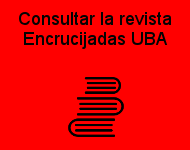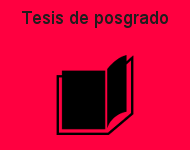En:
Lect. Notes Comput. Sci. 2009;5502:301-315
Fecha:
2009
Formato:
application/pdf
Tipo de documento:
info:eu-repo/semantics/article
info:ar-repo/semantics/artículo
info:eu-repo/semantics/publishedVersion
info:ar-repo/semantics/artículo
info:eu-repo/semantics/publishedVersion
Descriptores:
Descripción:
Orchestrators are descriptions at implementation level and may contain sensitive information that should be kept private. Consequently, orchestration languages come equipped with a notion of abstract processes, which enable the interaction among parties while hiding private information. An interesting question is whether an abstract process accurately describes the behavior of a concrete process so to ensure that some particular property is preserved when composing services. In this paper we focus on compliance, i.e, the correct interaction of two orchestrators and we introduce two definitions of abstraction: one in terms of traces, called trace-based abstraction, and the other as a generalization of symbolic bisimulation, called simulation-based abstraction.We show that simulation-based abstraction is strictly more refined than trace-based abstraction and that simulation-based abstraction behaves well with respect to compliance.
Identificador(es):
Derechos:
info:eu-repo/semantics/openAccess
http://creativecommons.org/licenses/by/2.5/ar
http://creativecommons.org/licenses/by/2.5/ar
Descargar texto: paper_03029743_v5502_n_p301_Buscemi.oai  (tamaño kb)
(tamaño kb)
 (tamaño kb)
(tamaño kb) Cita bibliográfica:
Buscemi, M.G. (2009). Abstract processes in orchestration languages (info:eu-repo/semantics/article). [consultado: ] Disponible en el Repositorio Digital Institucional de la Universidad de Buenos Aires: <http://repositoriouba.sisbi.uba.ar/gsdl/cgi-bin/library.cgi?a=d&c=artiaex&cl=CL1&d=paper_03029743_v5502_n_p301_Buscemi_oai>





























